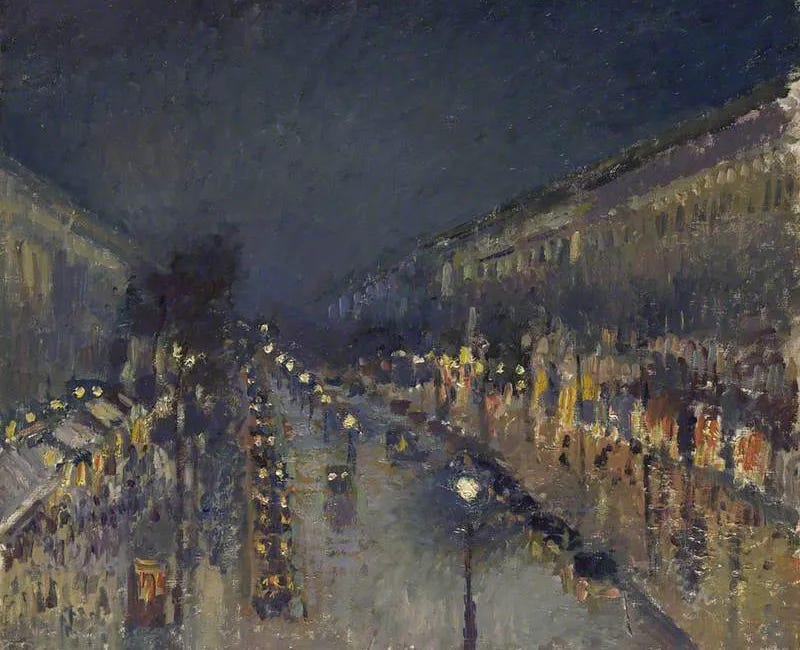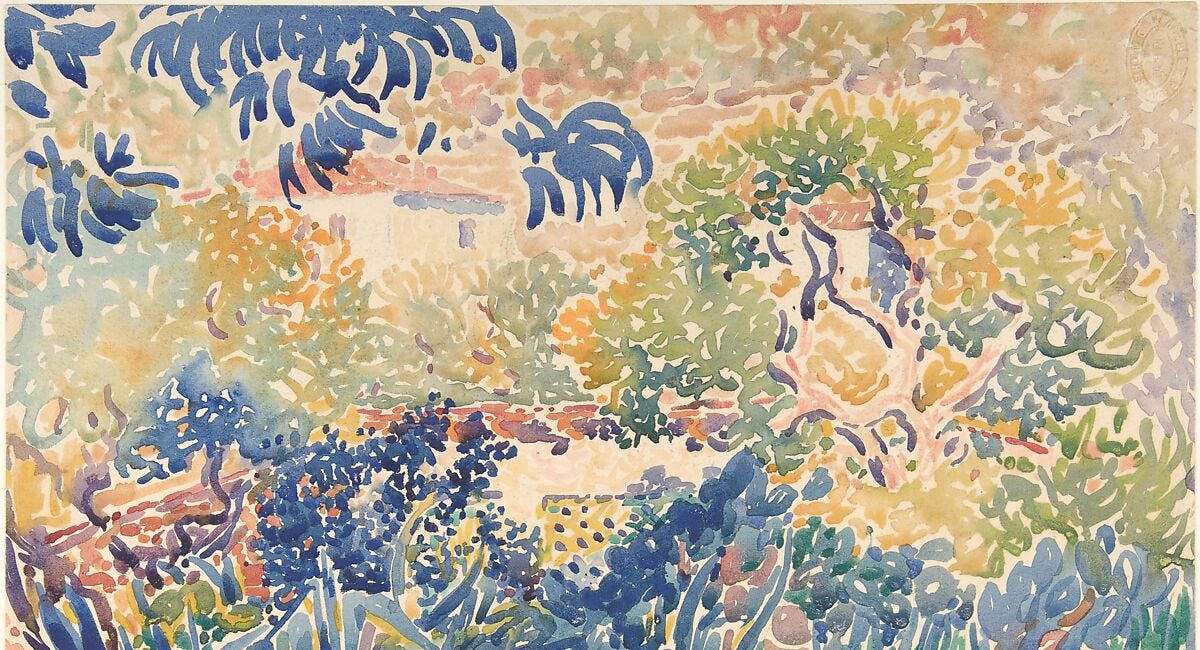Want to Learn and Remember? Don’t Cram. Connect.
Why neuroscience says memory thrives on meaning, emotion, and rhythm, especially when learning a language.
When we think of learning, whether it’s a new subject, a skill, or a language, repetition often takes center stage. We’re told to drill, to review, to cram. But cognitive neuroscience paints a richer, more hopeful picture.
In the France Culture podcast series Comment fonctionne votre mémoire (How Your Memory Works), neuroscientist Mickaël Laisney breaks down the surprising science of memory and what it really needs to last. His message? Memorization alone, what the French call le bachotage, isn’t enough, it doesn’t help you truly learn. What truly anchors knowledge is meaning, emotion, and connection.
Here's the beautiful twist, everything neuroscience tells us about how memory works explains why learning a language and French through poetry, literature, and music, like we do it here, isn’t just pleasant. It’s powerful. Effective. And brain-friendly.
Rote Learning Doesn’t Last
We’ve all been there: cramming facts the night before a test, only to forget them days later. That’s because cramming leads to shallow, short-term encoding. Memory doesn’t operate like a muscle that strengthens with sheer repetition. It’s more like a web, a network of ideas, sensations, emotions, and associations.
The more layers you build into what you’re learning, emotional, visual, personal, the more deeply it takes root.
Listen: “Non, apprendre par cœur n’est pas très efficace”
(No, learning by heart isn't very effective)
Why Songs, Stories, and Poems Stick
Our brains are built for meaning, not just data. That’s why a melody from years ago comes back instantly, while yesterday’s flashcards fade. Laisney highlights a key principle: depth of processing. The more deeply we engage through meaning, emotion, self-reflection, the better we remember.
This is what happens when you engage with language through art:
A poem offers rhythm, form, and feeling, giving memory a scaffold.
A song blends melody with emotion, creating vivid, dual-coded memory traces.
A novel line embeds language in context, helping you think in the language, not translate word by word.
This is the sweet spot for memory: meaning-rich, emotionally engaging, and alive with context.
Listen: “Pour mieux mémoriser, impliquez-vous personnellement”
(To memorize better, get personally involved)
Spiral Learning: How Memory Strengthens Over Time
At French en poésie, in each poem, song, and literary text, we see vocabulary, grammar points, and cultural nuances. These elements don’t just appear once, they return, later, in new forms and contexts. A word or structure you see in one poem might echo back weeks later in a song or a novel excerpt. This gentle reappearance is at the heart of spiral learning.
It’s not about rote repetition, but meaningful revisiting, seeing familiar elements through fresh eyes, in different emotional or stylistic settings.
Why it works:
It draws on spaced repetition, reinforcing memory over time, gradually, not forcefully.
It deepens associative learning, making recall richer, easier and more intuitive.
It builds confidence and fluency, with each return bringing more ease and insight.
Instead of checking off what you’ve “learned,” you circle back, letting the language deepen and root itself, through sound, story, and feeling, poem by poem, line by line.
Listen: “L’importance du contexte”
(The importance of context)
Let the Learning Bloom
Whatever you’re trying to remember, French vocabulary, historical facts, a new concept, your brain learns best through connection and meaningful engagement.
Here, you’re not just memorizing French. You’re living it. And your brain thanks you for that. You’re drawing on everything science knows about memory:
Rich associations
Emotional relevance
Multi-sensory encoding
Self-reference
Contextual retrieval
No cramming. No guilt.
Just immersion, beauty, and connection, the way memory loves to learn. You’re not forcing knowledge in. You’re planting seeds and letting them grow.
Want to let the language bloom in your life?
Subscribe (for free!) to French en poésie and get a weekly dose of beauty, lyrical & poetic French, right in your inbox (including your welcome gift, A Poetic Guide to French Pronunciation).
You don’t need more flashcards. You need connection.
For more effortless and fun learning, discover the French en Musique Workbook :
A 50-page workbook to guide you through 10 stunning French songs, step by step.
Inside, you’ll find:
Carefully chosen lyrics from Piaf to Stromae, Angèle to Aznavour
Clear translations + no-fuss grammar explanations
Soulful vocabulary, the kind you’ll actually use
Creative prompts to help you think, write, and feel in French
A QR code to a curated playlist, just press play and learn
Want to go deeper? Join the circle.
Paid subscribers receive full access to:
The Poem of the Week newsletter
Audio readings (normal & slow), full text, English translation, vocabulary and grammar tips, all layered to support memory and fluency.Weekly Literary Bites (every Thursday)
A curated excerpt from French literature with audio, translation, and gentle linguistic insights.Entre les Lignes
A bi-monthly letter with carefully crafted exercises to go deeper into your french with direct access to a teacher that sees you.
French en Poésie Circle
Access to a private community/chat to connect and practice your writing with other French learners & Francophiles.
Support this space. Deepen your learning. Let French become part of you.
How to Learn French and Actually Enjoy It
Learning French doesn’t have to mean dry textbooks, confusing grammar charts, or endless vocabulary lists. In fact, it shouldn’t.
Why Poetry, Music, and Literature are the best tools for French Pronunciation
If you’re learning French, you’ve probably heard the usual advice:












I think learning a language through its grammar is a bit upside-down. It's helpful in the beginning, like a scaffold to construct a building, but ultimately it doesn't stand on its own. Grammar is analytic, not generative. And language is built of music, metaphor, tone, implication, context, and a thousand other elements that reflect our consciousness. One need only listen to an AI-generated voice to hear what language is not.